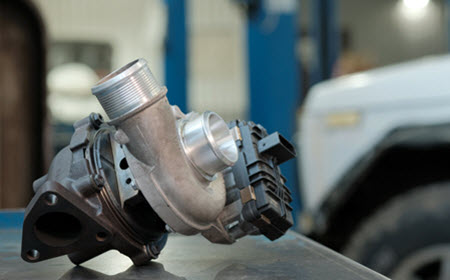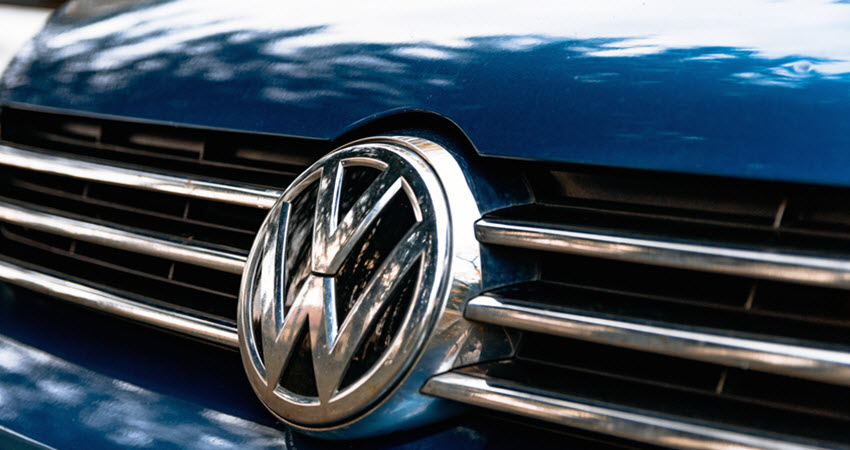TDI turbo systems, or Turbocharged Direct Injection, are one of Volkswagen’s technologies in its diesel engines that help to increase output and efficiency. Direct injection technology is the kind of technology whereby fuel is forced directly into the engine combustion chamber not preceded by air admixture. This enables the right amount of fuel to be burnt enhancing fuel efficiency and minimizing emissions.
The TDI engines are in fact, diesel engines; in most cases, they’re more fuel efficient than gasoline engines and famous for their high torque output which makes them suitable for both the economical and the performance-driven driver. So, how would you know if your Volkswagen TDI system is failing and what are the best steps to resolving this diesel engine problem?
Symptoms Of Malfunction In Your Volkswagen Turbo
- Loss of Power: One of the signs of turbo problems is a drop in the engine’s horsepower. If your TDI vehicle feels slow and unresponsive, if it does not speed up when you step on the accelerator, or if it just doesn’t have the punch when you try to speed up, the chances are that the turbo is having a problem.
- Unusual Noises: A healthy working turbo should produce almost no sound at all. Any squealing or whistling noise, or a loud humming sound when you step on the accelerator, may be a sign of a faulty turbocharger. Vibrations could also suggest a problem inside the vehicle.
- Excessive Exhaust Smoke: A defective turbocharger can cause peculiar smoke from the exhaust. If you see thick gray-blue or black smoke especially when you are accelerating it could be that there is oil dripping into the exhaust system, which is a sign of a turbo problem.
- Poor Fuel Efficiency: The turbocharger has a very important role in preserving the fuel economy of your Volkswagen. If it goes bad, you will probably discover that you need to refuel more often because the engine struggles and uses up more fuel to generate the power that is missing.
- Turbo Lag or Delayed Acceleration: As a rule, the turbo gives a nearly instant boost as you step on the accelerator pedal. If you feel that your VW is slow to respond when you hit the pedal, then the turbo may be out of order.
Steps to Fix Turbo Failure
- Inspect and Diagnose: First of all, one should get a professional inspection. A certified technician can run tests to look for turbo-specific codes and physically examine the turbo. This will assist in confirming if the problem really is with the turbo.
- Check the Oil: Since poor oil quality or low oil levels may harm the turbo, it’s necessary to check the oil level and change the oil if necessary. The turbocharger should be lubricated properly and for this, high-quality and clean oil should be used.
- Clean or Replace the Air Filter: The air filter obviously prevents dirt and dust from getting into the engine and the turbo. If the filter is choked or dirty, the debris gets to the turbo damaging its blades. It is wise to replace the air filter because it can cause other problems in the future.
- Consider a Turbo Rebuild or Replacement: Depending on the level of damage, a repair of the turbo may be insufficient. A rebuild can however help resolve the matter and this usually involves the replacement of only worn parts within the turbo. If the turbo is irreparable, then a replacement may be needed. A reputable company can help you determine if it is more beneficial to rebuild your Volkswagen or replace it.
- Check for Carbon Build-Up: In case carbon deposits build up on the turbo, a mechanic has the capacity to remove the deposits in the affected areas. Prolonged carbon accumulation can be prevented by routine operations such as fuel injector cleaning.
Visit The Best Repair Shop In Birmingham For Fixing Volkswagen TDI Issues
Turbo failure may be a nightmare, but  it is preventable through routine servicing and slight adjustments to driving habits. If you see the slightest indication of a bad turbo, do not ignore it – seek help before it worsens. At Franklin Automotive Performance, we can help with turbo-related problems in Volkswagen with the TDI system.
it is preventable through routine servicing and slight adjustments to driving habits. If you see the slightest indication of a bad turbo, do not ignore it – seek help before it worsens. At Franklin Automotive Performance, we can help with turbo-related problems in Volkswagen with the TDI system.
Our experts are available to give your vehicle the treatment it deserves so you will get the power, fuel economy, and durability that makes Volkswagen TDIs so loved. We are here to serve European vehicle owners in Birmingham, AL, and nearby cities like Pelham, Hoover, Homewood, Trussville, Vestavia, and Mountain Brook. What are you waiting for? Book your VW service session with our professional now!
* Volkswagen Car Logo image credit goes to: Wirestock.
 Mon – Fri: 07:00 AM – 05:30 PM
Mon – Fri: 07:00 AM – 05:30 PM 2880 Acton Road Suite A Birmingham, AL 35243
2880 Acton Road Suite A Birmingham, AL 35243 (205) 380-2884
(205) 380-2884
